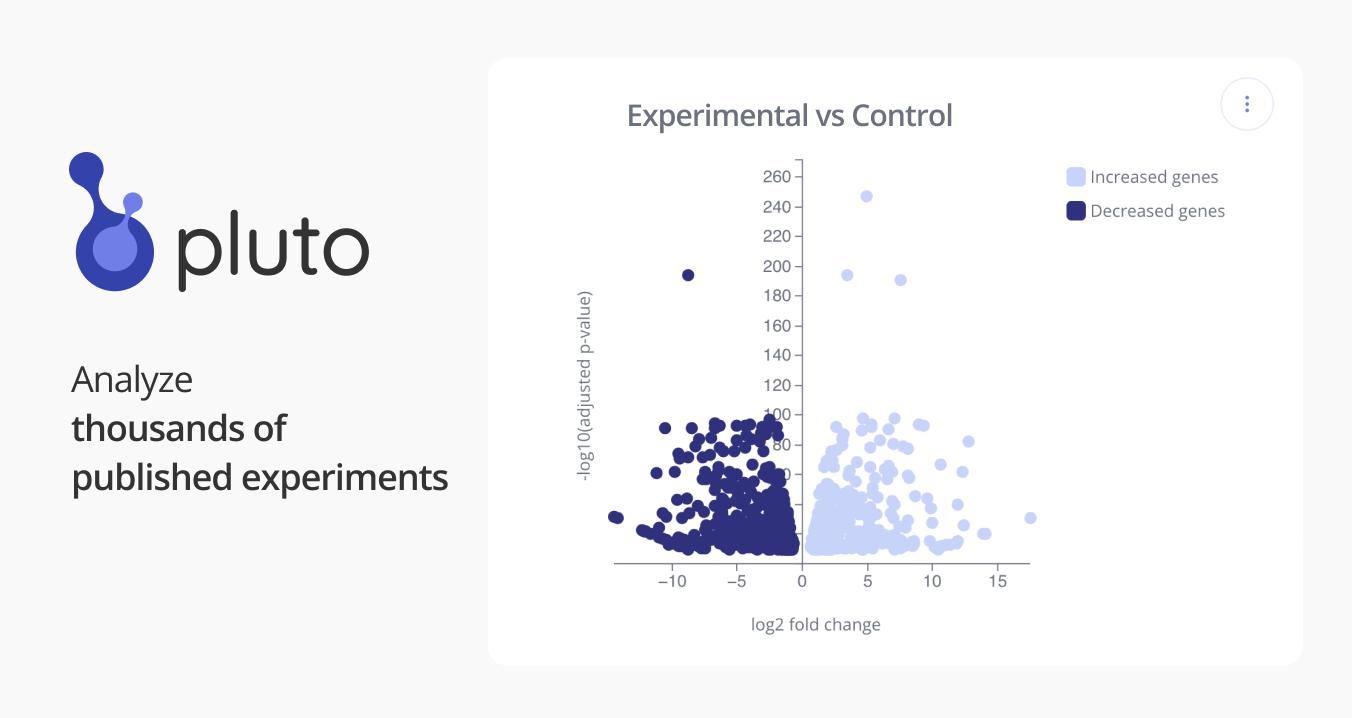Pluto Bioinformatics
GSE87641: Adaptive resistance of melanoma cells to RAF inhibition via reversible induction of a slowly-dividing de-differentiated state
Bulk RNA sequencing
Treatment of BRAF-mutant melanomas with MAP-kinase pathway inhibitors is paradigmatic of the promise of precision cancer therapy but also highlights problems with drug resistance that limit patient benefit. We use live-cell imaging, single-cell analysis and molecular profiling to show that exposure of tumor cells to RAF/MEK inhibitors elicits a heterogeneous response in which some cells die, some arrest and a remaining fraction adapts to drug. Drug-adapted cells up-regulate markers of the neural crest (e.g. NGFR), a melanocyte precursor, and grow slowly. To identify genes associated with acquisition of the slowly-cycling, vemurafenib-adapted state, we performed RNA sequencing (RNA-seq) on COLO858 cells (that show the slowly-cycling phenotype) exposed to drug for 24 and 48 h; drug-treated MMACSF cells served as a control. Transcriptional profiling implicates a c-Jun/ECM/FAK/Src cascade in adaptive resistance to RAF inhibition. SOURCE: Mohammad Fallahi-Sichani Harvard Medical School
